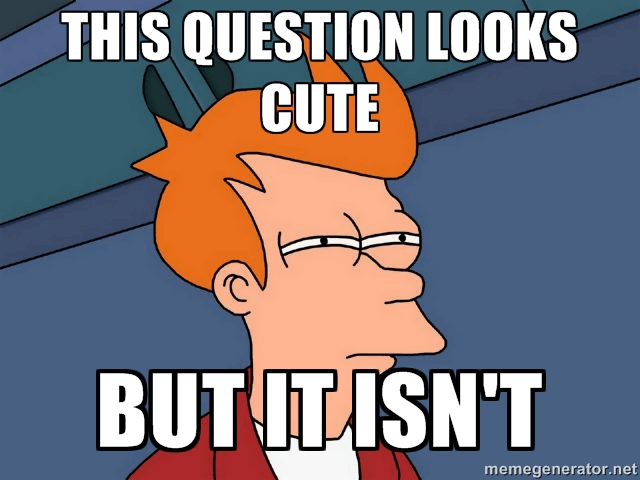"How do I look with my new haircut/dress?"
"How did you find that friend of mine/my new boyfriend/my new girlfriend?"
"How it was the evening with XZ/at my place?"
We get asked questions like these from people we like / know good / know a little / care about / spend time together every day.
They look like very simple harmless questions, but most of the times they are not.
They imply that we have to take a stand about something, and sometimes we have to declare if we are for or against something or someone. Our answer matters. Our answer can even condition and damage our relationship with the person who is asking the question.
And here we are, dealing again with direct and indirect communication. Because it is not just a matter of intercultural communication, if you know what I mean.
If the person is looking great with the new haircut or the brand new dress, go for it and say it out loud.
If that friend of friends of yours is just amazing and you had the most interesting conversion of the last three months with him/her, be sure to say it out loud as well and if possible try to stay in touch with him/her. If your friend and his/her new boyfriend/girlfriend make you feel like falling in love immediately with someone only to be able to be in such a wonderful relationship, great.
If the evening with XZ just changed your life, wonderful. I am so happy for you because of it.
But what if none of this applies to your situation?
What if the new haircut is absolutely horrible? What if you just found the person an idiot or a boring interlocutor? What if you have the impression that your friend is going to be single again very soon? What if you spent the evening with XZ while just waiting for your pain to come to an end?
in No Country for Old Men (2007) by Joel and Ethan Coen]
Do we have to be honest at any cost?
The answer is yes, and no.
Before taking a decision about that, in my humble opinion you should evaluate pros and cons and also consider with attention how important it is for the person to get an honest answer from you.
If the person is going to meet someone influential while wearing an inappropriate dress or with a terrible haircut, warn him or her about that. If you know that the person is going to wear the dress two times in his/her whole life while buying groceries, it is not that relevant, after all.
If this friend of friends of yours should work together with you or spend a lot of time with you and your friends, you may or may not discuss the matter and say that you would prefer to spend a little less time with him or her or to work on your new project alone, for example.
If you are pretty sure that you are not going to see this person again anyway, why bother?
If your friend had relationship issues with former partners in the past, maybe you can try to discuss the matter, at your own risk. If your friend is strong enough to go on after one break up while still having trust in relationships, let him/her deal with the situation alone...
If the evening with XZ or at your friend's place was a special one and you have a chance to influence how the next evening together is going to be, than you can talk about that. If you attended only for the love of the person asking the question, it could be unpleasant for the person to know that you were bored, tired, pissed of, angry or whatever.
So before answering that apparently easy question, you could ask yourself a couple of questions as well...
How much are you caring about the person asking the question? Can your relationship with him/her go through an honest answer and survive?
Are you going to cause suffering to someone while saying the truth and, above all, is this truth necessary and actually relevant?
[As you can notice, Dr. Seuss comes from a B-type culture...]
Sometimes the answer about the latter question is a very big no. And then I realize once again that in that case coming from a A-type culture can be advantageous, after all.
I often use a somehow magic and powerful word, while finding myself in tricky situations and knowing that telling the truth is not such a good idea...
I smile and say: "Nice!".
Most of the times, it works.
And you? How do you deal with such tricky situations?
Tags: Direct communication, Indirect communication, Silence, Honesty
What to read next:
Sugar lips, the perfect silence and why a smile is not just a smile, while practicing intercultural communication
Visiting the blog for the first time? Aloha!
Where to start, if you are new
Visiting the blog for the first time? Aloha!
Where to start, if you are new








